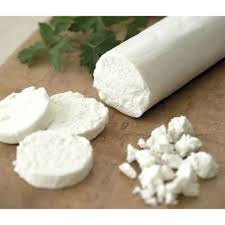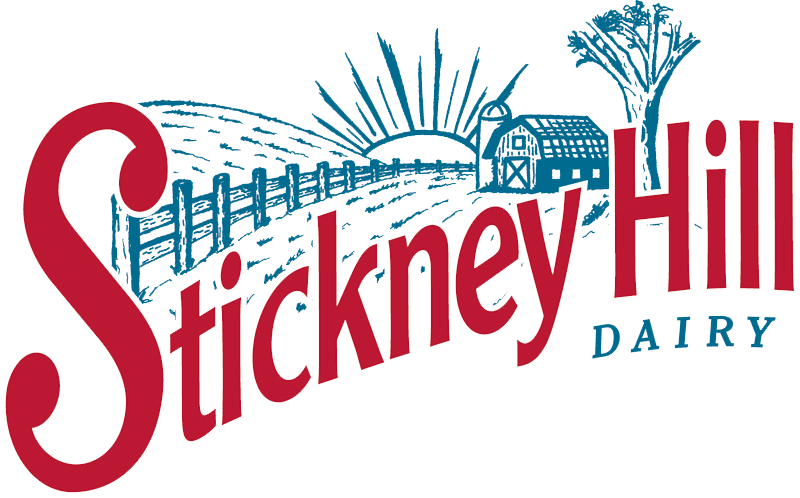GOAT CHEESE IS LOWER IN FAT & CALORIES
- Goats cheese averages 6 grams of fat vs 10 grams for cow cheese
- Goat cheese clocks in at 75 calories per ounce-significantly less than popular cow cheeses like mozzarella (85), brie (95), swiss (108), and cheddar (115)
- Higher in protein too!
GOAT CHEESE IS EASIER TO DIGEST
- People who are lactose intolerant (25% of American’s) are typically able to tolerate goat cheese. Goat’s milk lacks an form of B-casein proteins called A1, this protein usually causes symptoms in lactose intolerant people.
- Goat milk is easier for your stomach to digest because the fat molecules in goat cheese are shorter, making them more easily digestible compared to cow’s milk.
MORE VITAMINS AND MINERAL’S than cow’s cheese
Goats’ milk is richer in essential nutrients vitamin A, vitamin B, calcium, iron, phosphorus, magnesium and potassium.
- Goat’s milk contains 25% more vitamin B-6 than cow’s
- Vitamin A 47% higher in goat’s milk
- Three times as much niacin, and four times higher in copper
- Goat’s milk contains 27% more of the antioxidant selenium than cow’s milk
- The amino acid tryptophan • Riboflavin or B2 (which plays an imports roles in the body’s energy production)
- Potassium (which helps prevent high blood pressure & protects against arteriosclerosis)
Metabolism Boosting
- Diets higher in calcium have been proven to assist the body’s burning of fat after meals. The need for hormone release to maintain calcium levels is banished, which correlates with a higher rate of fat oxidation.
Good for your Brain
- Dairy plays an important role in the brain’s functioning. Studies show that people who eat dairy products score better on tests of mental ability. -Goat Cheese is currently trending 20% increase
Stickney Hill Dairy Advantages
- SQF 9 Certified
- Happy Goat Program: room to roam, pasture access, safe shelter, and management of extensive health records for each goat.
- A1 Free allergies
- Food service, retail, private label
- Custom flavors and packaging available upon request
